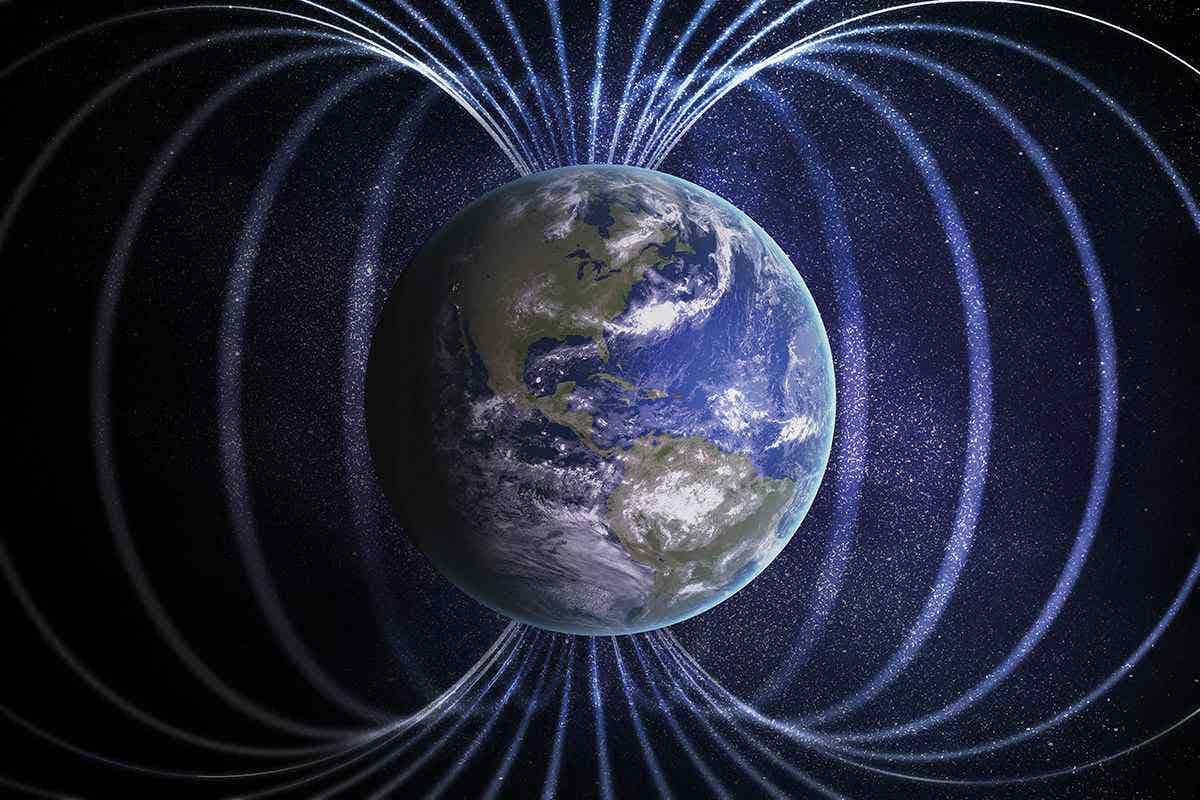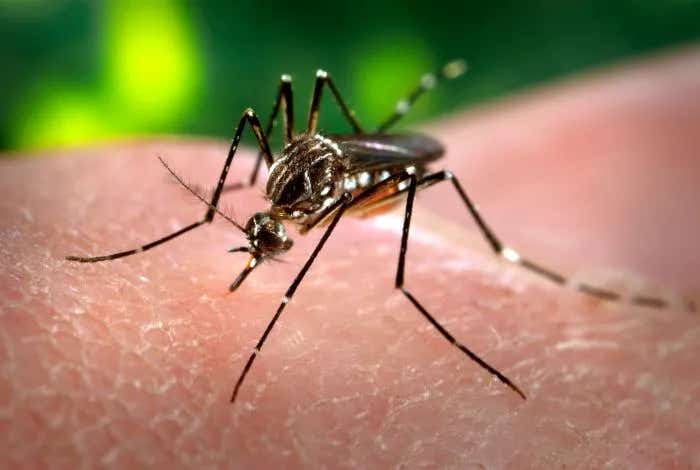Breakthrough study uncovers the immune system’s ‘fountain of youth’
Some older adults in their 60s and 70s appear to carry what scientists are calling “immune youth”.

Mayo Clinic scientists have discovered “immune youth” in older adults. (CREDIT: Shutterstock)
As you age, your immune system is supposed to slow down. It becomes less able to fight off infections, less effective at responding to vaccines, and more likely to stumble when facing cancer. But researchers at the Mayo Clinic have discovered that not everyone’s immune system follows this script.
Some older adults in their 60s and 70s appear to carry what scientists are calling “immune youth” — a surprisingly young immune system that behaves more like one you’d expect in someone decades younger.
Cornelia Weyand, M.D., Ph.D., a rheumatologist and clinician-scientist at the Mayo Clinic, says her team wants to understand this biological twist. “We are studying why some individuals have a ‘fountain of youth’ in their immune systems. We want to learn from them,” Weyand explained. Her team described the phenomenon in a recent paper in Nature Aging.
A Fountain of Youth with a Catch
The discovery came from studying more than 100 older patients treated for giant cell arteritis, an autoimmune disease that inflames arteries, including the aorta. In samples of diseased tissue, the researchers found unusual immune cells called stem-like T cells. Normally, these cells help replenish and repair the immune system. But in these patients, they were fueling disease.
“We observed that these patients have very young immune systems despite being in their 60s and 70s. But the price they pay for that is autoimmunity,” Weyand said. Autoimmunity happens when the immune system mistakenly attacks healthy tissue rather than protecting it.
The Mayo team also noticed that the body’s usual safeguards — immune checkpoints that keep the system in balance — weren’t working correctly in these individuals. That breakdown, combined with the “immortal” behavior of the stem-like T cells, set the stage for chronic disease.
Related Stories
- New bio-engineered molecule kills cancer cells and activates the immune system
- New universal cancer vaccine fights tumors by kickstarting immune defenses
Why Aging Matters for Immunity
You might think keeping a youthful immune system would always be a good thing. But Jörg Goronzy, M.D., Ph.D., a Mayo Clinic researcher and co-lead author of the study, says it’s not that simple. “Contrary to what one may think, there are benefits to having an immune system that ages in tandem with the body,” Goronzy noted. “We need to consider the price to pay for immune youthfulness. That price can be autoimmune disease.”
In other words, a naturally aging immune system may actually protect against some forms of autoimmunity. By slowing down, it avoids the kind of overreaction that causes the body to attack itself. The researchers propose that immune aging may be a protective adaptation — a way for the body to balance defense against infections with tolerance of its own tissues.
Searching for Warning Signs
The Mayo Clinic group is now working on diagnostic tools that could identify people who carry high numbers of these stem-like T cells, whether or not they already show signs of disease. Finding these individuals early could help predict who might be at risk for autoimmune problems later in life.
This effort is part of the Precure initiative at Mayo, which aims to catch disease processes before they fully take shape. By spotting early biological signals, doctors could intervene sooner and reduce the risk of difficult, long-lasting conditions.
Previous Research
Over the years, researchers have learned that the immune system doesn’t decline in a straight line. Instead, it follows a nonlinear path, with noticeable shifts around the mid-40s and again near age 60. Studies have shown that after about 50, many people lose the ability to generate strong immune responses, leaving them more vulnerable to infections and less responsive to vaccines.
A global analysis of disease burden has also underscored the importance of understanding immune aging. While people are living longer, many are spending more years in poor health due in part to weakened immunity. Previous work has estimated the human immune system contains about 1.8 trillion cells, weighing roughly 1.2 kilograms, with equal contributions from lymphocytes and neutrophils. T cells, which live for years, gradually wear down through repeated stress, while short-lived cells like neutrophils reflect the aging of blood stem cells.
Large-scale studies have also confirmed that autoimmune disorders are common in later life. One population-wide study of 22 million people in the UK Biobank found that 10% of the population will develop an autoimmune condition over their lifetime. Surprisingly, many of the 19 most common autoimmune diseases were most likely to be diagnosed in older adults, rather than the young patients once thought to be typical.
How Can This Research Help
Understanding the balance between “immune youth” and immune aging could help researchers develop better strategies to protect health in older adults. On one hand, strengthening immune responses might help fight cancer or boost vaccine effectiveness. On the other, dialing back excessive immune activity could lower the risk of autoimmunity.
The Mayo team’s work could eventually make it possible to screen people for immune profiles that put them at higher risk, allowing for early intervention before disease takes hold. For medicine, the ability to predict and even guide how the immune system ages could become a major step toward healthier, longer lives.
Note: The article above provided above by The Brighter Side of News.
Like these kind of feel good stories? Get The Brighter Side of News' newsletter.



